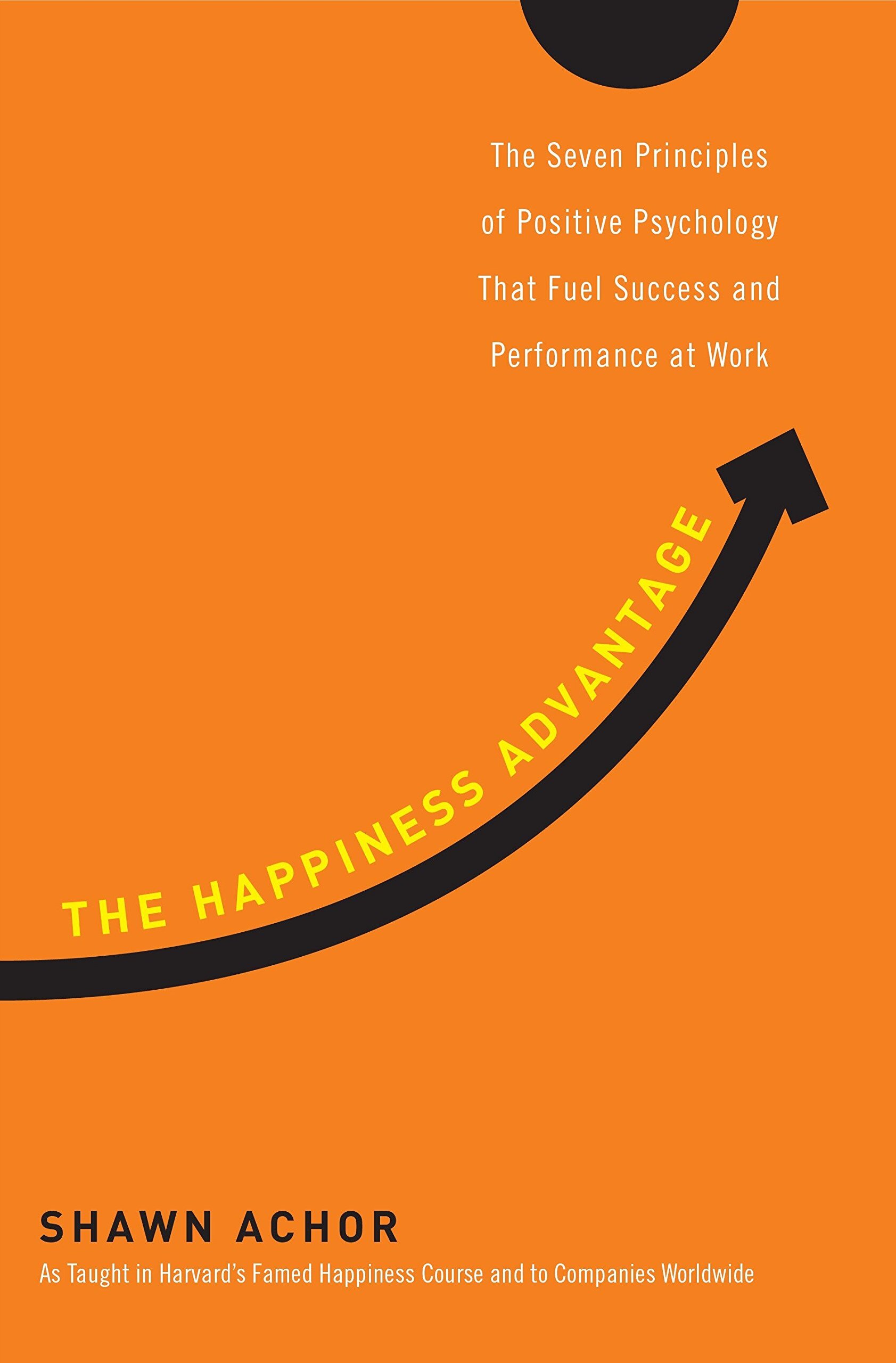The Happiness Advantage - Principle #4 - Falling Up
This week we will look at Principle #4 - Falling Up: Capitalizing on the Downs to Build Momentum
Background
In the face of adversity, Achor stipulates that we have three paths.
1. Keep circling where we are.
2. Go toward further negative consequences.
3. Go to a place where we are stronger and more capable.
Photo by marchmeena29/iStock / Getty Images
No points for guessing which choice Achor recommends!
He discusses how Post-Traumatic Stress Disorder has been well researched recently, however, Post Traumatic Growth has not. We’ll try and cover PTG in another article. Is the phenomenon where psychologists examine how following a trauma, some people experience
Increases in spirituality
Increased openness
Increased life satisfaction.
Enhanced personal strength
Enhanced self-confidence.
Heightened appreciation.[i]
Evidence
It has been found that how we choose to explain past events to ourselves has a crucial impact on our happiness. In the US military, those with an optimistic explanatory style did better and were less likely to drop out.
Toolkit
While some naturally have an optimistic explanatory style others do not. Fortunately, Achor has techniques to help with this.
The ABCD Technique
Adversity: This is the event we can't change.
Photo by amanalang/iStock / Getty Images
Belief: This is our reaction to the problem. Is it temporary and local or permanent and pervasive? Can we solve the problem?
Photo by marrio31/iStock / Getty Images
Consequence: If we believe that a problem is solvable then we maximise the chance of a positive consequence.
Disputation: This involves telling ourselves that our belief is exactly that. Just a belief. We have seen this in the noting techniques and others.
Photo by BrianAJackson/iStock / Getty Images
Conclusion
How do you explain things that happen to you?
Why not give the ABCD technique a go?
[i] Linley & Josph (2004) cited in Achor, S. (2011). The happiness advantage: The seven principles of positive psychology that fuel success and performance at work. Random House.
Photo by jakubrupa/iStock / Getty Images
Evidence
Achor proposes that the same thing happens in our daily lives.
He cites accountants who spend their days doing audits and looking for negatives, develop a habit for scanning for negatives in the other aspects of their lives.
Another example are lawyers, people who are employed to find faults in arguments, are 3.6 times as likely to suffer major depression disorder.
Photo by Deagreez/iStock / Getty Images
Toolkit
Achor proposes that if it works in the negative, it can work in the positive.
If we scan and focus on the positive, we can benefit from happiness, gratitude and optimism.
The way to do this is consciously focusing on the positives.
Photo by natasaadzic/iStock / Getty Images
Do gratitudes everyday. Every morning write down three good things. Small things, big things, any good things. The house over your head. The job you have. Your family. The sunshine on your face. It is amazing how this creates a short term and long term benefit. Immediately, you’ll feel your mood improve. You’ll smile at people when you get to work, they’ll smile back. It will snowball it a great way. It will also train your mind to look for the positive things and create a positive tetris effect resulting in happiness, gratitude and optimism.
It sounds small, but it can makes a huge difference to the way you look at life.










